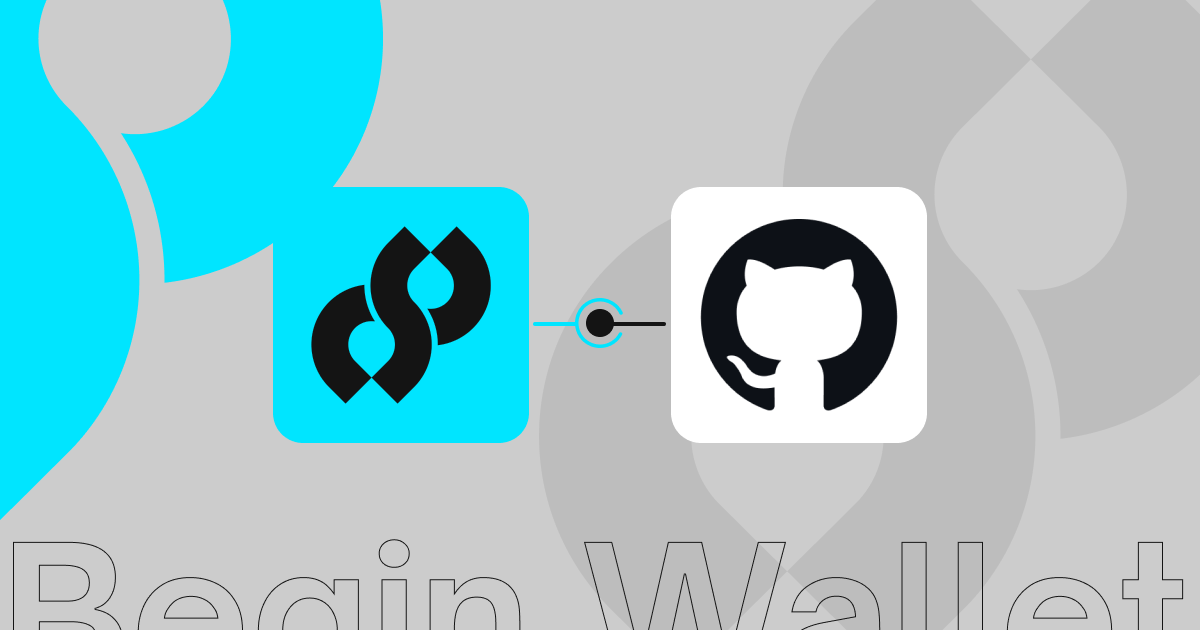Open Source Crypto Wallets: Why It Matters

Open Source Crypto Wallets: Why It Matters
In crypto, transparency is non-negotiable. Whether you’re storing assets or signing transactions, you need to know your wallet is trustworthy — not just because a company says so, but because the code proves it.
That’s where open source comes in.
Wallets that release their code for public inspection offer a higher level of trust, security, and innovation. Begin Wallet embraces this philosophy by making its core crypto engine fully open source, allowing anyone to verify how transactions are created, signed, and broadcast.
🔍 What Does Open Source Mean in Wallets?
An open source wallet (or component) makes its source code publicly available, typically on platforms like GitHub. This allows:
- Developers and security experts to audit the code.
- The community to suggest improvements and features.
- Users to verify the wallet does exactly what it claims.
Not all wallets are fully open source — some, like Begin Wallet, take a modular approach.
🛡️ Begin Wallet’s Open Source Crypto Core
Begin Wallet’s core cryptographic engine — the part responsible for key generation, transaction signing, and multi-chain support — is fully open source.
It includes:
- Cardano and Bitcoin key derivation
- Transaction building and signing
- Metadata formatting and on-chain proof modules
You can inspect it all at github.com/BeginWallet/begin-core. This ensures the most security-critical parts of Begin Wallet are verifiable and trustworthy.
Other wallet layers (such as the UI and APIs) are not yet open source — a common tradeoff for modern multi-platform apps.
🧠 Why Partial Open Source Still Matters
Even if a wallet isn’t entirely open source, making core components public is a huge step forward. It provides:
- Proof of transparency for essential operations.
- Community contributions and faster audits.
- Confidence that your seed phrase and private keys are handled securely.
Begin Wallet balances security, usability, and transparency by opening up what matters most.
💡 How to Evaluate a Wallet’s Transparency
Before choosing a crypto wallet, consider:
- Is the wallet fully or partially open source?
- Are key security modules (e.g. signing, seed handling) public?
- Is the open repo actively maintained and auditable?
- Are there community reviews or contributors?
This context helps you choose tools that align with crypto’s ethos of openness and decentralization.
🔓 Trust Through Code, Not Promises
The future of crypto relies on verifiable software. Open source wallets — even partial ones — provide a path to that future.
With Begin Wallet, you get a secure, multi-chain experience backed by a transparent, community-reviewed core engine.
📂 Explore the Begin Core on GitHub
🛡️ Download Begin Wallet — and take ownership with confidence.